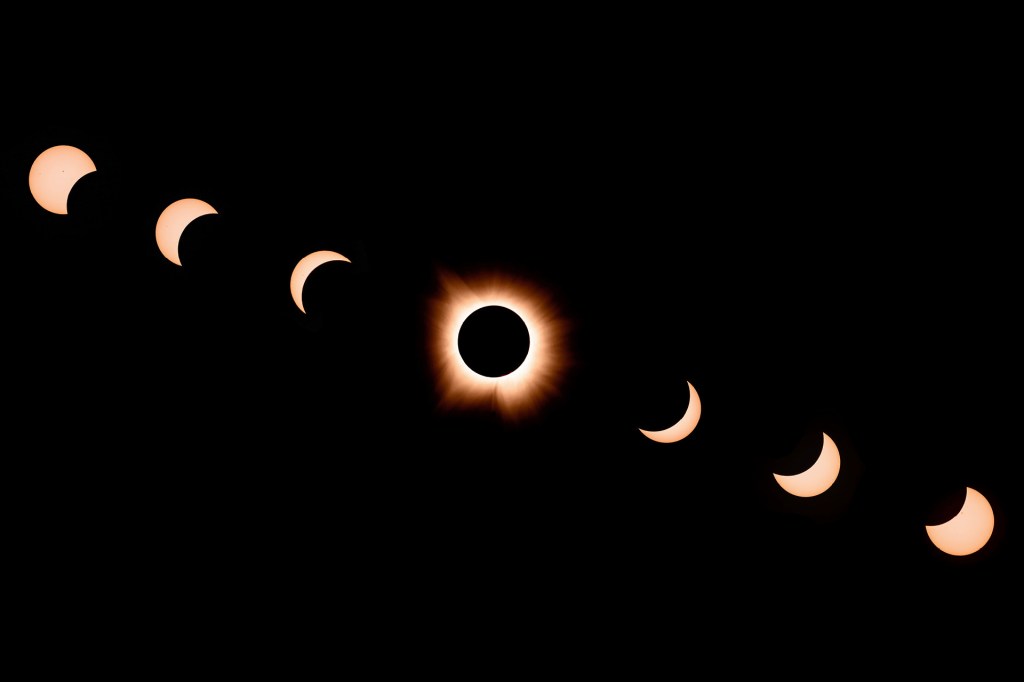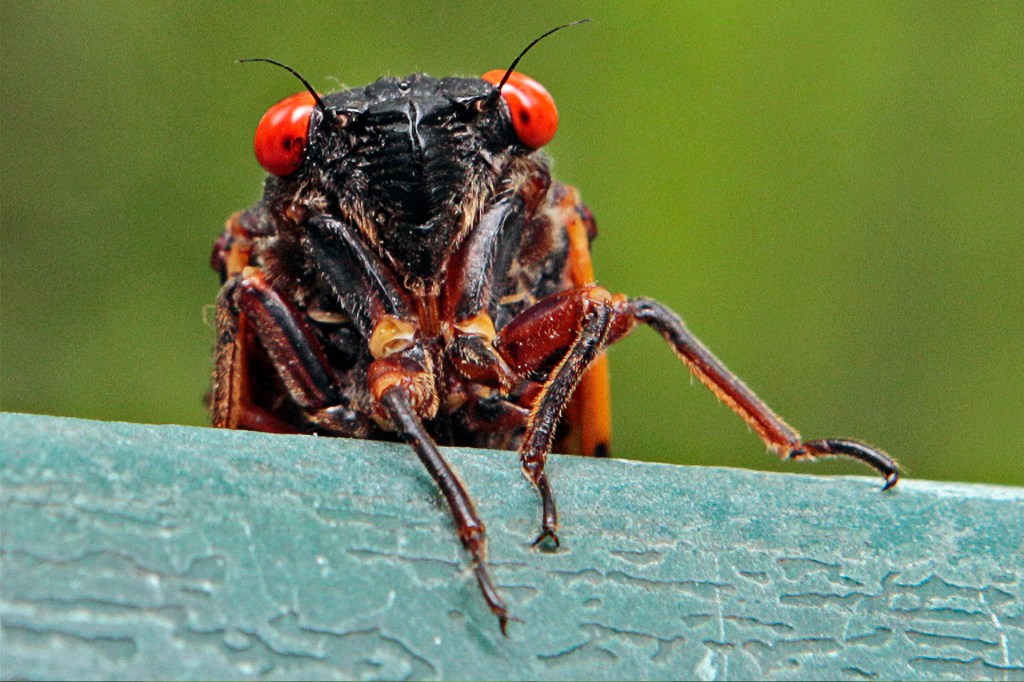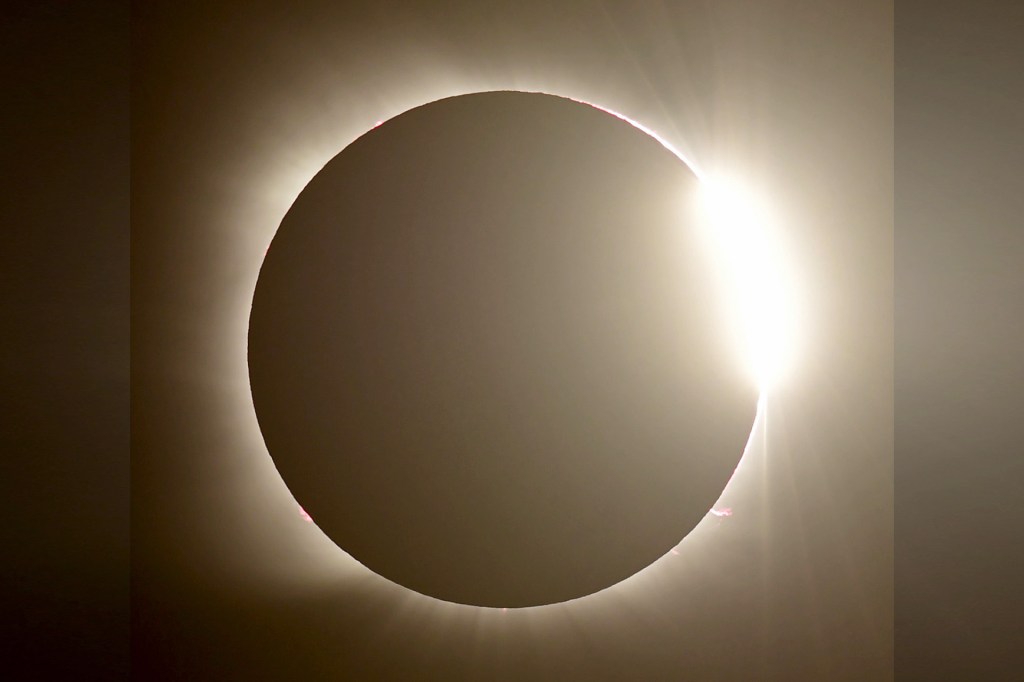
Jennifer Heldmann is a planetary scientist. Her team at NASA is looking for water on the moon and Mars. The research will help determine if astronauts can live in these places. Heldmann spoke with TFK Kid Reporter Mira McInnes.
1. Why are scientists excited about discovering water on the moon?
When I was in school, we learned that there was no water on the moon, and that there was no ice. Then we started sending missions there. And the data told us that “Hey, maybe there is water on the moon!” That’s really exciting for a scientist.
2. How will your research be important for future lunar missions?
If we learn how to use the moon’s water, we can have a base there. Astronauts won’t need to take water with them. They can use the moon’s water. And if you break apart the hydrogen and oxygen in water, you can make rocket fuel.
3. What do you hope to find out about Mars?
There are places on Mars where liquid water has been flowing. It’s only a little, but it means that somewhere, somehow, there’s liquid water on Mars. Is anything living in the water? Are there microbes
microbe
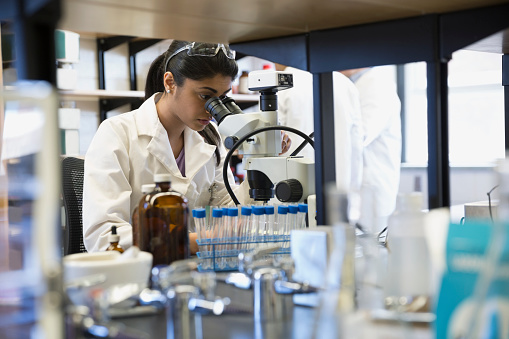 HERO IMAGES—GETTY IMAGES
an extremely small living thing that can be seen only with a microscope
(noun)
The researcher examined microbes under a microscope.
? Could there be life on a planet besides Earth?
HERO IMAGES—GETTY IMAGES
an extremely small living thing that can be seen only with a microscope
(noun)
The researcher examined microbes under a microscope.
? Could there be life on a planet besides Earth?
4. You also do research in Iceland and Antarctica. What can they teach us about other planets?
We learn how ice and water work in cold environments—when water freezes, when it flows, how to drill into ice. Then we apply that knowledge to other planets.
5. How did you get interested in space science?
When I was 10, I saw the movie SpaceCamp. It’s about a group of kids who get launched into space. I loved the movie. When I was in high school, I went to train at Space Camp, in Alabama. It was the most awesome experience ever.
6. What advice can you offer kids who might like to become space scientists?
Read as many books as you can. Visit a science museum or planetarium
planetarium
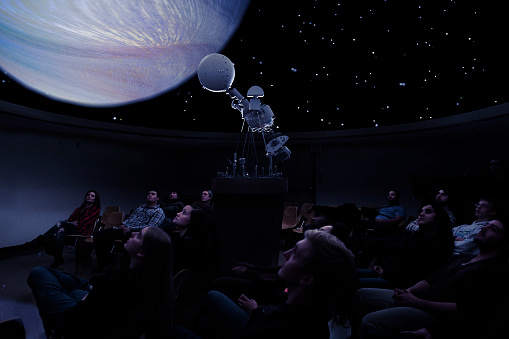 HILL STREET STUDIOS—GETTY IMAGES
a building in which representations of stars and planets are projected
(noun)
Colin pointed out the Big Dipper and other constellations at the planetarium.
. Email scientists and ask, “What got you interested?” Kids are the future of space exploration. They are going to be the scientists, engineers, astronauts, and artists who’ll make these missions happen.
HILL STREET STUDIOS—GETTY IMAGES
a building in which representations of stars and planets are projected
(noun)
Colin pointed out the Big Dipper and other constellations at the planetarium.
. Email scientists and ask, “What got you interested?” Kids are the future of space exploration. They are going to be the scientists, engineers, astronauts, and artists who’ll make these missions happen.
7. What’s one question about space that science has yet to answer?
The biggest question is, “Are we alone?” We don’t yet know if there’s life on other planets in our solar system, or in other solar systems.
8. Do you have plans to go to space?
Not any time soon. My work is on the ground, making sure astronauts have a safe and productive flight.




